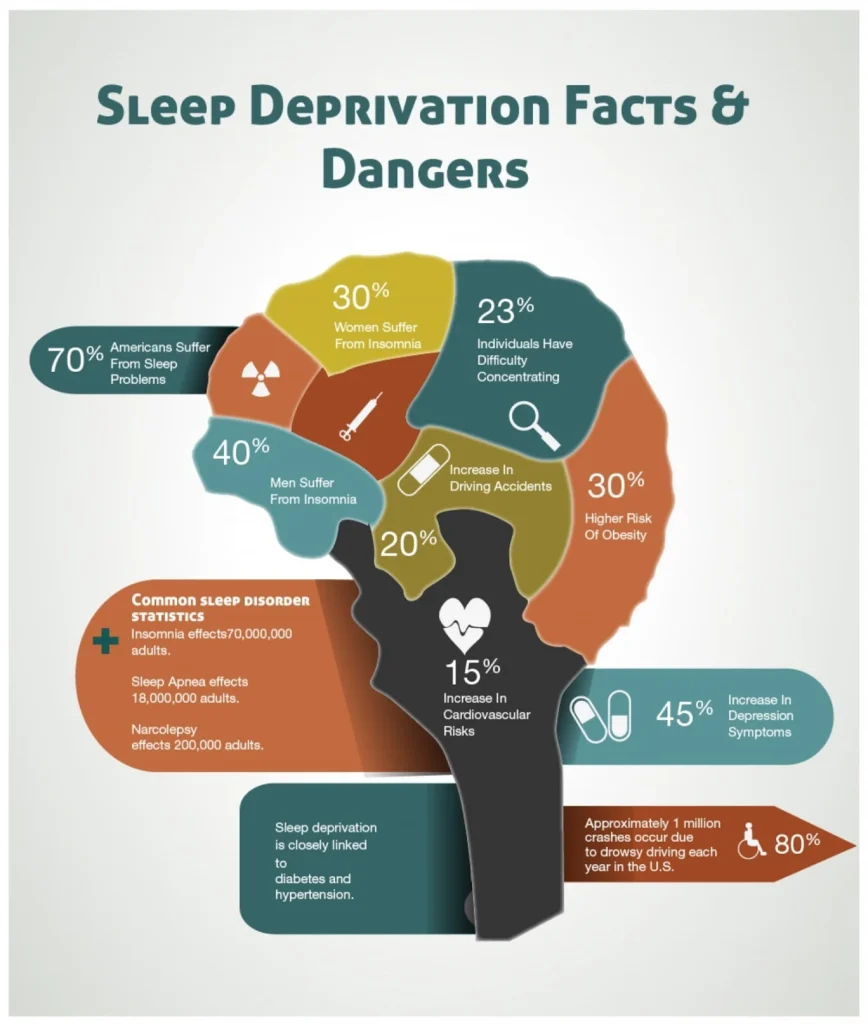The Global Impact of Sleep Deprivation: New Studies Reveal Alarming Health Risks is a topic that has gained significant attention in recent years. According to recent research, the lack of adequate sleep has been linked to a range of serious health problems, including cardiovascular diseases, obesity, and mental health disorders. This issue is not limited to a specific region or population, as it affects individuals worldwide. The consequences of sleep deprivation can have a profound impact on public health and healthcare systems, making it a global concern. It is crucial to raise awareness about the importance of adequate sleep and its potential impact on overall health.
As the awareness of The Global Impact of Sleep Deprivation: New Studies Reveal Alarming Health Risks continues to grow, there is a growing interest in understanding the underlying causes of sleep deprivation and its long-term effects. People are becoming more curious about the relationship between sleep quality and productivity, as well as the impact of technology and lifestyle on sleep patterns. Additionally, there is a growing interest in exploring alternative solutions and interventions to address the issue of sleep deprivation, such as mindfulness practices, sleep hygiene, and behavioral therapy. This evolving interest reflects a growing recognition of the importance of addressing sleep deprivation as a public health priority.
The Global Impact of Sleep Deprivation
Sleep deprivation is a widespread issue that affects people of all ages and backgrounds around the world. The modern lifestyle, with its 24/7 access to technology and constant demands, has led to an increase in sleep disturbances. This has significant implications for public health, as sleep plays a crucial role in physical, mental, and emotional well-being. The global impact of sleep deprivation is evident in the rising rates of chronic conditions such as obesity, diabetes, cardiovascular disease, and mental health disorders.
Furthermore, sleep deprivation has been linked to an increased risk of accidents and injuries, both in the workplace and on the road. This not only poses a threat to individual safety but also has economic consequences at a national level. As such, addressing the global impact of sleep deprivation is essential for promoting overall health and productivity on a global scale.
New Studies Reveal Alarming Health Risks
Recent research has shed light on the alarming health risks associated with sleep deprivation. Studies have shown that inadequate sleep can weaken the immune system, making individuals more susceptible to infections and illnesses. Moreover, chronic sleep deprivation has been linked to an increased risk of developing serious medical conditions such as heart disease, stroke, and certain types of cancer.
Furthermore, cognitive function and mental health are profoundly affected by sleep deprivation. Studies have demonstrated that inadequate sleep can impair decision-making abilities, concentration, and emotional regulation. This can have far-reaching consequences for individuals’ overall quality of life and productivity. As new studies continue to emerge, it becomes increasingly evident that prioritizing healthy sleep habits is crucial for maintaining long-term health and well-being.
| Health Risks | Impact |
|---|---|
| Cardiovascular diseases | Increased risk of heart attack and stroke |
| Obesity | Higher likelihood of weight gain |
| Mental health | Greater susceptibility to depression and anxiety |
| Immune system | Reduced ability to fight off infections |
| Cognitive function | Impaired memory and decision-making |
The Global Impact of Sleep Deprivation: New Studies Reveal Alarming Health Risks
Sleep deprivation has been shown to have a significant impact on various aspects of health, including cardiovascular diseases, obesity, mental health, immune system function, and cognitive abilities. These risks highlight the importance of prioritizing adequate sleep for overall well-being.

